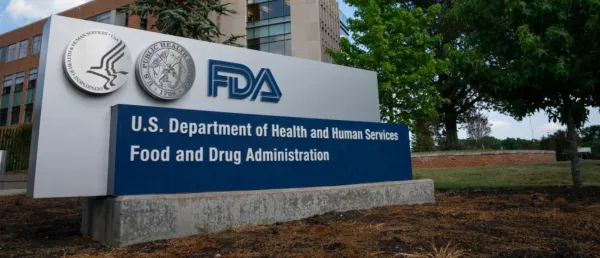HHS Proposes Rule for Health IT Contractors to Meet Data Exchange Standards

The rule, issued by the Office of the Assistant Secretary of Financial Resources (ASFR), seeks to enhance interoperability among health technology systems used in HHS contracts.
The Department of Health and Human Services (HHS) has recently proposed a rule requiring healthcare entities contracting with the department to adhere to HHS-adopted standards for data exchange.
The rule, issued by the Office of the Assistant Secretary of Financial Resources (ASFR), seeks to enhance interoperability among health technology systems used in HHS contracts.
The rule aligns the technology standards of HHS contracts with those already implemented in hospitals and healthcare systems.
The primary focus is on contracts involving the upgrading or implementation of health information technology (IT) where data is exchanged.
Focus on Standardisation Across Health IT Systems
The proposed regulation is part of HHS's broader initiative to ensure consistent technology standards across health IT systems.
According to department officials, this alignment will reduce inefficiencies and prevent the creation of data silos, which can hinder the effectiveness of health policies and programs.
Assistant Secretary of Technology Policy, Micky Tripathi and Principal Deputy Assistant Secretary of Financial Resources, Lisa Molyneux highlighted the ongoing collaboration between ASFR and the Office of the National Coordinator for Health IT (ONC) since 2022.
“Under Health IT Alignment Policy, ASTP, and HHS partners have identified billions of dollars that impact health IT across HHS programs and activities. ASTP has supported HHS agencies' programmatic goals by aligning health IT requirements across these investments,” they said in a joint statement.
The new rule, "Acquisition Regulation: Information Technology; Standards for Health Information Technology," mandates that health IT used in contracts involving identifiable health information must meet ONC standards.
This includes technology used by healthcare providers, health plans, and insurers participating in HHS contracts.
Potential Impacts on HealthTech
The proposal might extend HHS's regulatory reach beyond electronic health records (EHRs) to include broader data systems used by public health entities and insurers.
There are concerns that this could affect the regulation of AI and cybersecurity in healthcare.
The Health Innovation Alliance (HIA) has expressed caution regarding the rule. HIA executive director Brett Meeks remarked, “In the past few weeks, HHS’s IT office has given themselves a promotion and proposed drastically expanding their review of products used by the healthcare industry. This morning, it announced the mandates of its proposals: all grantees or programs connected to HHS funding must use products the agency has approved.”
The proposed rule aims to standardize health IT practices and reduce the fragmentation of health data systems.
The goal is to prevent inefficiencies and high costs associated with creating and maintaining disconnected data systems, as stated in the rule, “These silos undercut the effectiveness and efficiency of the Department’s policies and programs, are costly for federal and state agencies and private sector partners to create and maintain, have no synergies across programs, and—due to lack of alignment across and within HHS agencies—impose significant burden on healthcare providers, technology developers, and other health care stakeholders.”
Stakeholders have 60 days to comment on the proposed rule. This period will allow feedback and possible adjustments before the rule is finalized.
The healthcare sector is watching closely as the proposal could lead to significant changes in how health IT systems are managed and regulated under HHS contracts.
Stay tuned for more such updates on Digital Health News





























